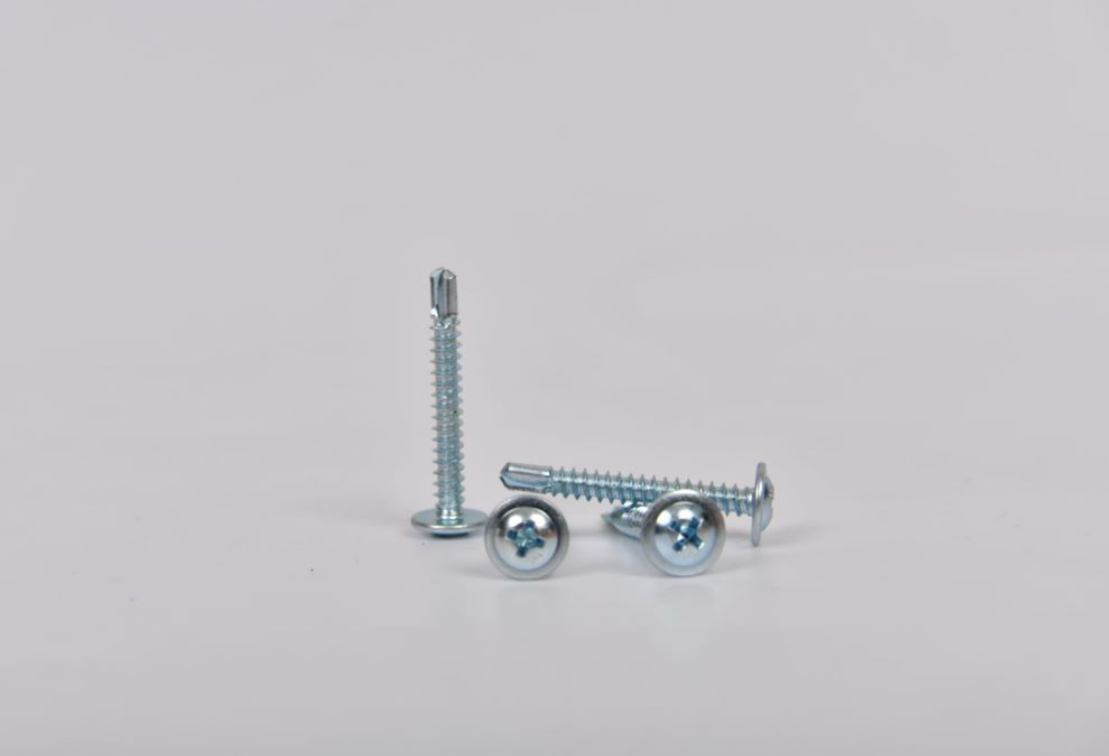Exploring High-Quality Self-Tapping Screw and Bolt Manufacturing Facilities for Industrial Applications
The Evolution of Self-Tapping Screw Bolt Factories A Critical Component in Modern Manufacturing
In the world of manufacturing and construction, the importance of fastening solutions cannot be overstated. Among these solutions, self-tapping screws stand out as one of the most efficient and versatile fastening devices available. This article explores the evolution of self-tapping screw bolt factories, their manufacturing processes, and the significant role they play in various industries.
Understanding Self-Tapping Screws
Self-tapping screws are designed to create their own hole as they are driven into materials such as wood, metal, or plastic. Unlike traditional screws, which require a pre-drilled hole, self-tapping screws save time and reduce labor costs by eliminating the step of drilling. This unique feature makes them an essential component in many applications, ranging from household furniture assembly to construction and automotive industries.
The Manufacturing Process
The production of self-tapping screws involves several distinct steps, each of which plays a critical role in ensuring the final product meets stringent quality standards.
1. Material Selection The process begins with the selection of appropriate raw materials. Most self-tapping screws are made from carbon steel, stainless steel, or other alloys that provide the necessary strength and corrosion resistance.
2. Wire Forming The raw material, often in wire form, is fed into multiple forming machines that manipulate it into the desired screw shape. This process includes cutting, bending, and shaping the wire into screw blanks.
3. Thread Rolling After forming, the blanks undergo a threading process, which can be achieved through either rolling or cutting. Thread rolling is preferred as it strengthens the material and enhances the screw's performance.
4. Heat Treatment To further increase durability, screws often undergo heat treatment, which involves heating them to a specific temperature and then cooling them rapidly. This process improves hardness and overall performance.
self tapping screw bolt factories

5. Coating and Finishing The final manufacturing stage includes surface treatments such as galvanizing, plating, or coating. These processes provide corrosion resistance, making self-tapping screws suitable for outdoor and harsh environment applications.
6. Quality Control Stringent quality control measures are implemented throughout the manufacturing process. Factories conduct various tests, including tensile tests, hardness tests, and surface inspection, to ensure that every batch meets industry standards.
The Role of Technology
The advent of advanced manufacturing technologies has significantly transformed self-tapping screw bolt factories. Automation and robotics have streamlined production processes, enhancing precision and reducing human error. Computer-controlled machines now enable manufacturers to produce screws of varying sizes and specifications rapidly. Additionally, 3D printing technology is beginning to revolutionize the prototyping of custom screws, allowing for rapid development and testing of new designs.
Market Demand and Sustainability
The global demand for self-tapping screws continues to rise due to factors such as increasing construction activities, the growth of the automotive industry, and rising consumer electronics manufacturing. As a result, self-tapping screw bolt factories are expanding their operations to meet this demand.
Additionally, sustainability has become a focal point for many manufacturers. Factories are now implementing eco-friendly practices, including recycling scrap materials and utilizing energy-efficient machinery. This commitment to sustainability not only helps reduce the environmental footprint but also appeals to consumers who prioritize environmentally conscious products.
Conclusion
Self-tapping screw bolt factories play a pivotal role in modern manufacturing, providing essential fastening solutions across various industries. With continuous advancements in technology and a growing emphasis on sustainability, these factories are poised to evolve further, meeting the demands of an ever-changing market. As industries continue to innovate, self-tapping screws will remain a fundamental component in building a better future.
-
Top Choices for Plasterboard FixingNewsDec.26,2024
-
The Versatility of Specialty WashersNewsDec.26,2024
-
Secure Your ProjectsNewsDec.26,2024
-
Essential Screws for Chipboard Flooring ProjectsNewsDec.26,2024
-
Choosing the Right Drywall ScrewsNewsDec.26,2024
-
Black Phosphate Screws for Superior PerformanceNewsDec.26,2024
-
The Versatile Choice of Nylon Flat Washers for Your NeedsNewsDec.18,2024










